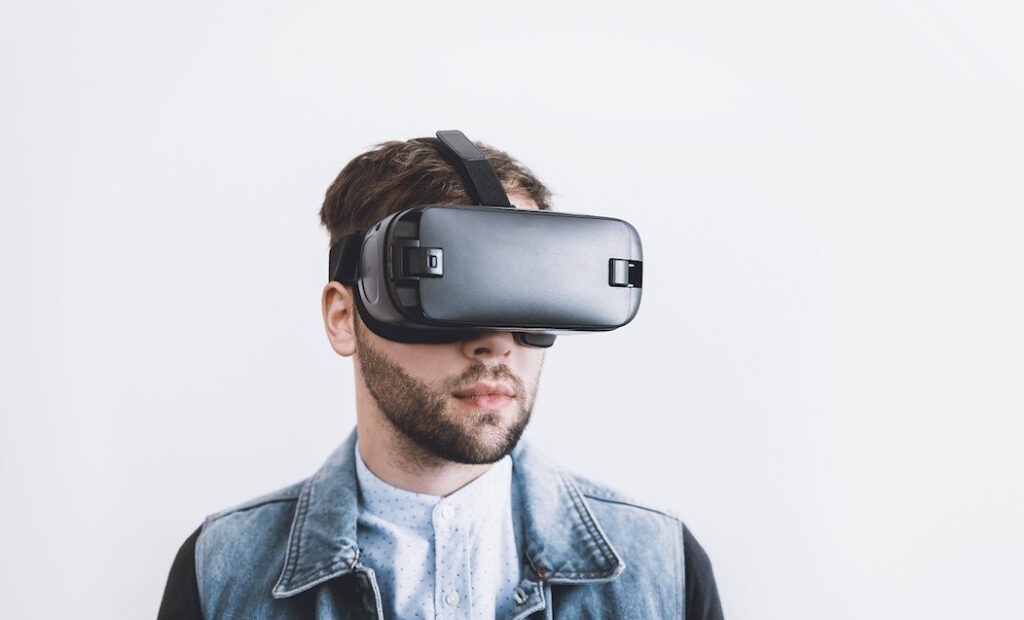Will virtual reality change how we watch sports?

Virtual reality is closer than you think. It will certainly leave a massive impact when it comes to watching sports. This article discusses the main changes expected in the near future.
Will virtual reality change the way sports are watched?
With the general growth of the Internet, everyone has access to information about every single player and sport. There are numerous sites that provide everything one might need to know about sports and stats for example. Others, like Transfermarkt, give a detailed analyses on every single transfer that happens in any football competition around the planet. Although this didn’t exist in the past, the way sport are watched hasn’t dramatically changed, at least when compared to significant technological advancement in other industries.
Nevertheless, the global introduction of virtual reality to the world of sports could mark a significant breakthrough in this specific aspect.
NBA’s VR/MR league pass
High-profile hardware will only become more and more accessible to large masses in the future and watching events in virtual reality might be a normal and standard feature soon. The National Basketball Association is the professional league that has made the most significant breakthrough in this area by introducing the VR/MR League Pass in late 2018. The app is available to basketball fans from all over the globe as they can simply enter any game they want and watch it from all possible angles.
It seems natural and highly likely that virtual reality will be the new reality in watching sports sooner rather than later. Everyone will soon have the opportunity to watch a game from any player’s perspective and analyse their performances to the fullest. Alternatively, watch a game with a mixed reality headset, pinpoint a certain player and get his particular statistics right above his head.
Watching games at smart stadiums
Smart stadiums will resolve so many issues generally faced when wanting to watch a game live at a stadium. Crowded public transport, tons of people, traffic and long queues in front of the entrance are only some of the problems frequently ran into. However, smart stadiums can battle these tiny problems just with the help of artificial intelligence and virtual reality technology.
These stadiums would use the self-drive service to park all cars without traffic, facial recognition tools would be served instead of tickets and artificial intelligence technology would lead people to their seats.
The editorial unit

























Facebook
Twitter
Instagram
YouTube
RSS